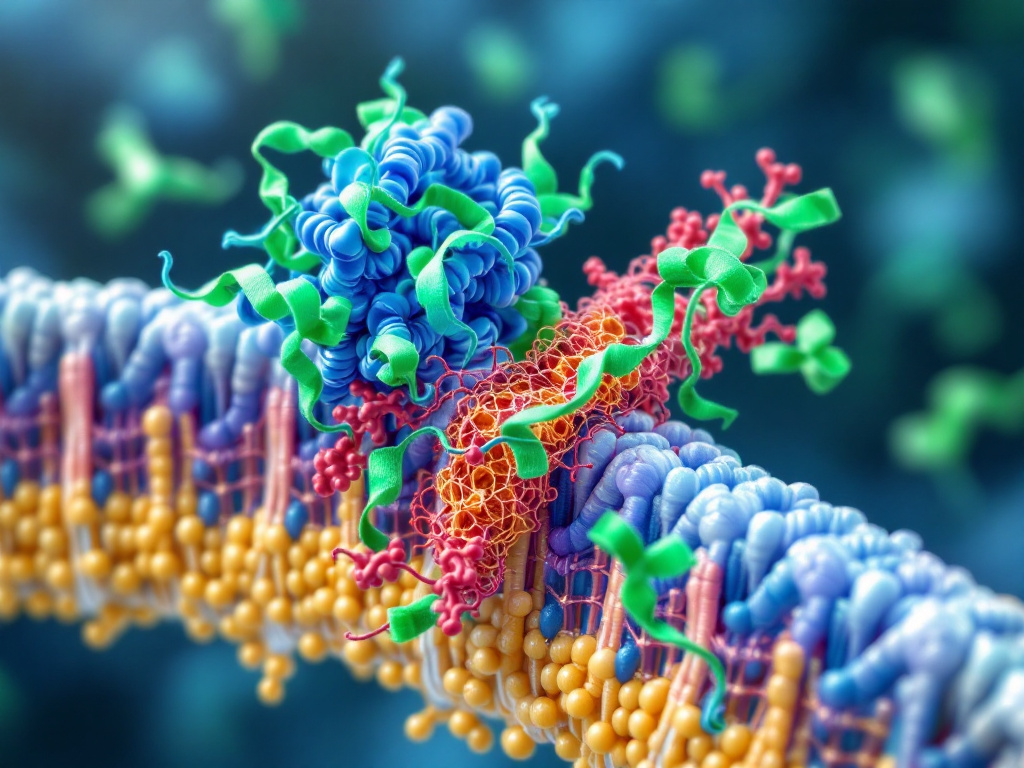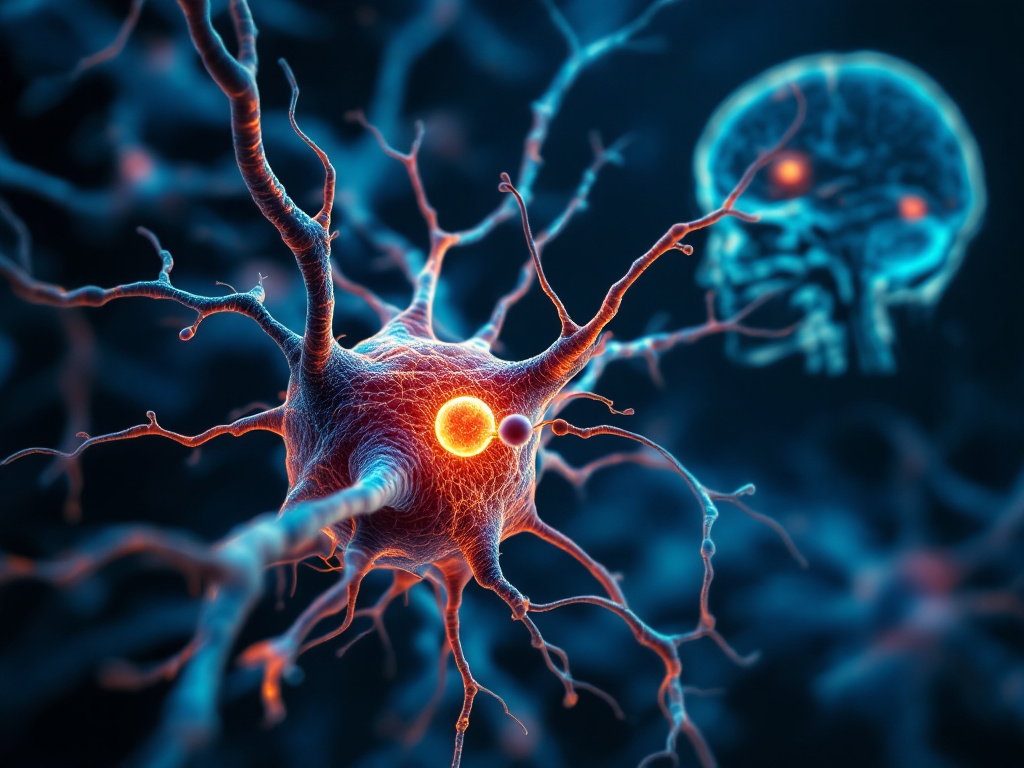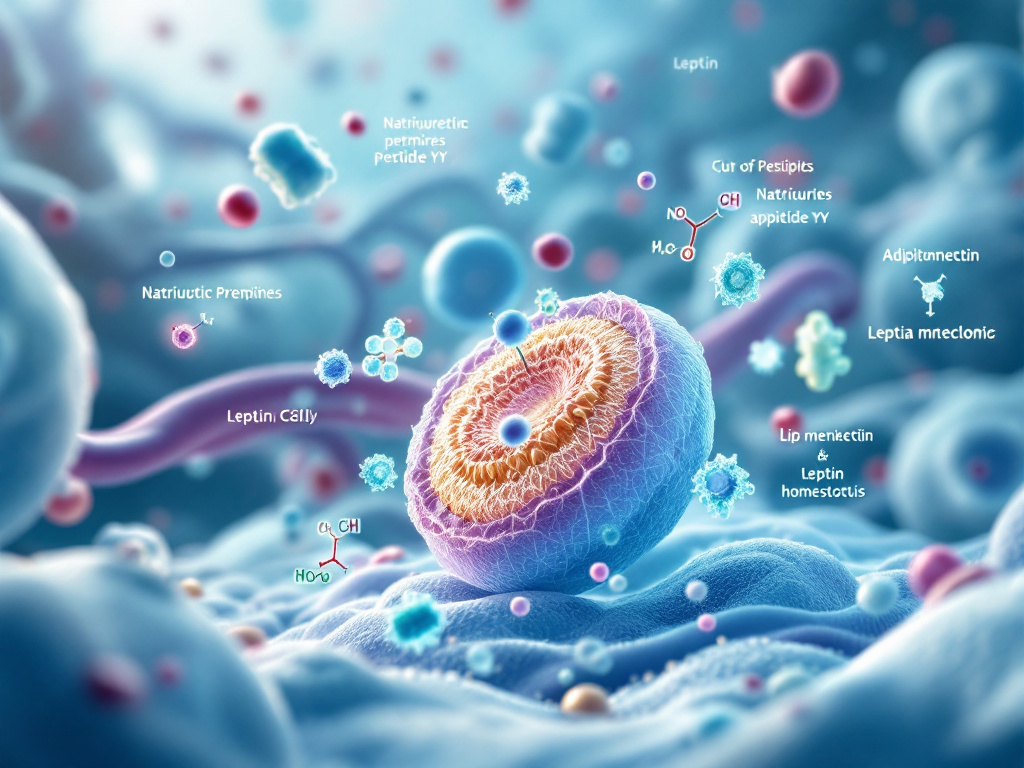Appetite suppressant peptides and weight loss peptides have emerged as promising tools in the fight against obesity and related health issues. These peptides work through various mechanisms to reduce food intake, increase energy expenditure, and promote weight loss. One of the primary ways appetite suppressant peptides work is by targeting the brains hunger centers. They interact with receptors in the hypothalamus and other brain regions to reduce feelings of hunger and increase feelings of satiety. GLP-1 peptides are a prime example of this, mimicking the effects of glucagon-like peptide-1, a natural hormone that regulates appetite and glucose levels. These GLP-1 peptides not only suppress appetite but also slow down gastric emptying, leading to a prolonged feeling of fullness. This can be particularly helpful for individuals who struggle with overeating or frequent snacking. In addition to their effects on appetite, weight loss peptides can also influence metabolism and fat storage. Some peptides promote thermogenesis, the process by which the body generates heat and burns calories. This can lead to increased energy expenditure and weight loss, even without significant changes in diet or exercise. Other weight loss peptides target fat cells directly, promoting lipolysis and reducing fat storage. These peptides can help individuals lose weight and improve their body composition by reducing overall body fat. Hormone-regulating peptides also play a crucial role in weight management. Hormones like leptin and ghrelin are key regulators of appetite and metabolism, and imbalances in these hormones can contribute to weight gain. Hormone-regulating peptides can help restore hormonal balance, leading to improved appetite control and weight management. For example, some peptides can increase leptin sensitivity, allowing the body to respond more effectively to this satiety hormone. Thyroid support peptides are also relevant in this context. The thyroid gland plays a crucial role in regulating metabolism, and hypothyroidism can lead to weight gain and difficulty losing weight. Thyroid support peptides can help optimize thyroid function, supporting healthy metabolism and weight management. Weight loss peptides offer a multifaceted approach to weight management, addressing both appetite and metabolism. By combining these effects, they can help individuals achieve and maintain a healthy weight. The density of appetite suppressant peptides, weight loss peptides, and hormone-regulating peptides should be around 1-2% each in this section.










